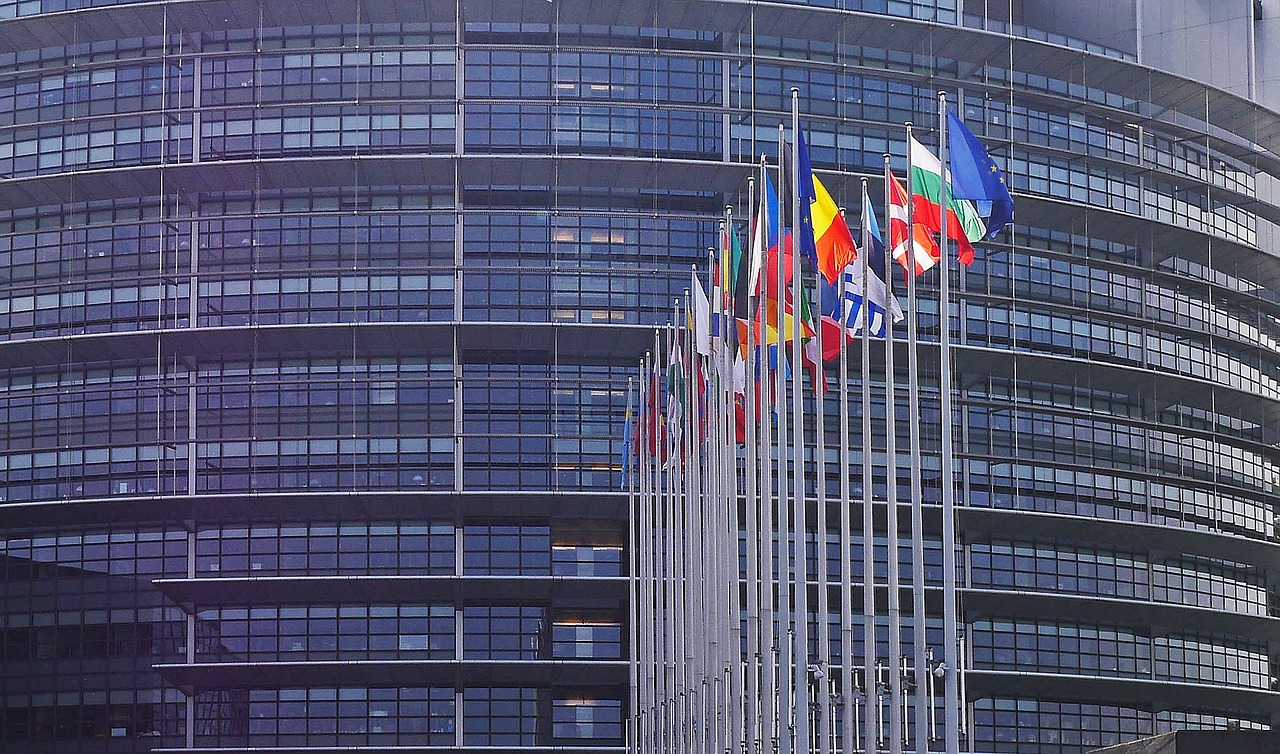 INFRA
INFRA
 INFRA
INFRA
 INFRA
INFRA
The European Parliament today voted 318-278 to reject a proposed copyright law that critics had argued could have drastically curtailed internet freedom.
The vote comes a month after the Directive on Copyright in the Digital Single Market, as the legislation is officially named, was greenlighted by the EU’s Legal Affairs Committee. It will now return to the drawing board for revisions before being presented again to the European Parliament in September.
The rejection, while not a permanent victory, marks a major win for the tech firms and other parties that have argued against the law. One of the legislation’s most vocal critics has been Wikipedia founder Jimmy Wales, whose sentiment is shared by many of the online encyclopedia’s volunteer editors. The site’s Italian, Spanish, Estonian, Latvian, Polish, French and Portuguese versions were taken offline yesterday in protest of the legislation.
The criticism leveled against the legislation has focused mainly on two articles. The first, Article 11, was dubbed by some as a “link tax” because it would have required digital platform companies such as Facebook Inc. to pay publishers for every link users post to their content. A similar law that was enacted in Spain four years ago forced Alphabet Inc. to shut down the local edition of Google News.
The other controversial part, Article 13, could have potentially made an even bigger impact on the internet. It called for websites to take stronger measures to enforce copyright laws on user-generated content. According to critics, the article would have required every image, piece of text, sound file and code snippet uploaded to the web to go through a filtering system. It was argued that such an arrangement could be abused for surveillance purposes and would limit what kinds of content can be posted on the web.
Julia Reda, a member of the European Parliament who had campaigned against the legislation, hailed today’s vote as a “great success” on Twitter. The Mozilla Foundation endorsed the decision as well in a statement.
“The European Parliament has today heard the voice of European citizens and voted against proposals that would have dealt a hammer blow to the open internet in Europe,” said Raegan MacDonald, Mozilla’s head of EU public policy. “The future of an open internet and creativity in Europe depends on it.”
Support our mission to keep content open and free by engaging with theCUBE community. Join theCUBE’s Alumni Trust Network, where technology leaders connect, share intelligence and create opportunities.
Founded by tech visionaries John Furrier and Dave Vellante, SiliconANGLE Media has built a dynamic ecosystem of industry-leading digital media brands that reach 15+ million elite tech professionals. Our new proprietary theCUBE AI Video Cloud is breaking ground in audience interaction, leveraging theCUBEai.com neural network to help technology companies make data-driven decisions and stay at the forefront of industry conversations.